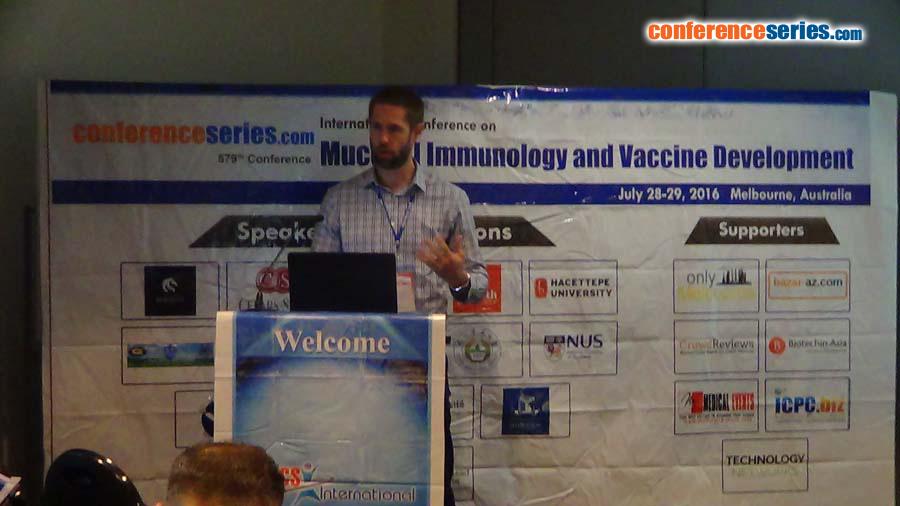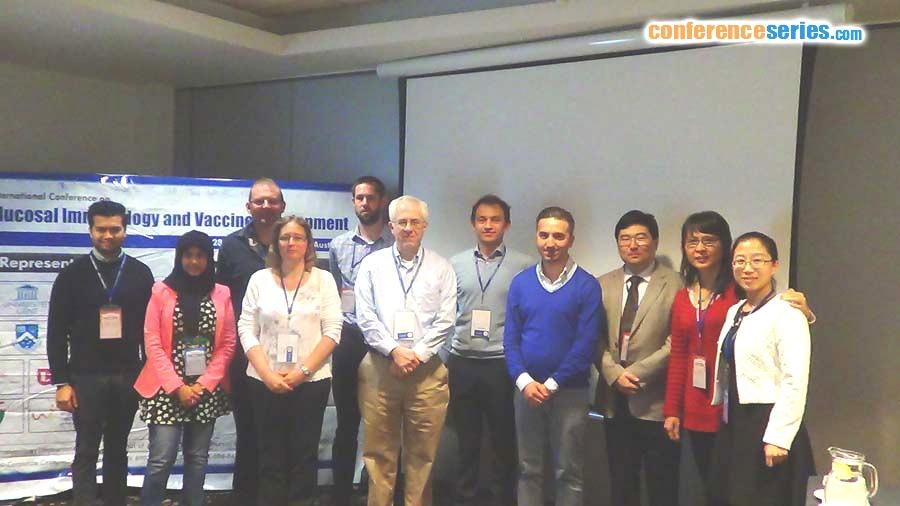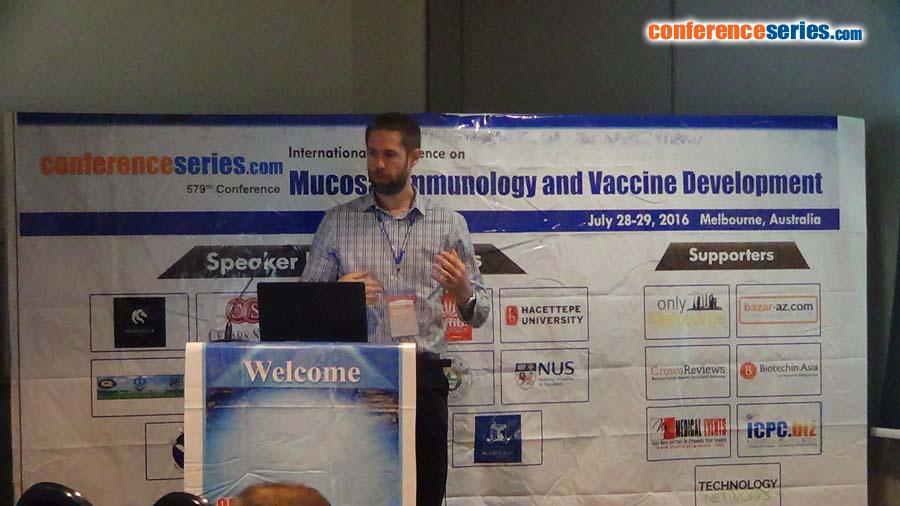
Paraic O Cuiv
The University of Queensland, Australia
Title: From bugs to drugs: Expediting the discovery of immunoregulatory bioactives from the human gut microbiota to drive the development of novel anti-inflammatory therapeutics
Biography
Biography: Paraic O Cuiv
Abstract
The incidences of chronic gut diseases in Australia including inflammatory bowel diseases, colorectal cancer, and obesity are amongst the highest internationally. In addition to host genetic, environmental and lifestyle factors it is now increasingly recognized that the microbial community resident in the gut (gut microbiota) has a significant influence on disease risk. Recent research has revealed that the gut microbiota of healthy individuals is characterized by a “core microbiota” of up to 125 bacterial species that are numerically abundant and widely shared amongst individuals. Furthermore, the structure of the core gut microbiota differs between the healthy and diseased gut, these differences are coincident with the onset of active disease and a restoration of key species is associated with improvements in gut health. Many core gut microbes are unrepresented by cultured isolates however several of the isolates that are available have been shown to modulate the host inflammatory response and regulate the development and/or effector functions of different immune cell populations, thus helping maintain gut homeostasis. These “bioactives” could support the development of novel therapeutics however despite a wealth of genomic and metabolomic data the vast majority of the immunomodulatory functionalities encoded by the microbiota remain cryptic. We have developed a new methodology termed “metaparental mating” that enables genetically tractable core bacteria to be rapidly recovered from complex gut communities and that has the potential to transform our ability to functionally characterize gut bacteria. We anticipate that this will support the discovery of immunomodulatory bioactives and expedite the development of novel anti-inflammatory therapeutics.




